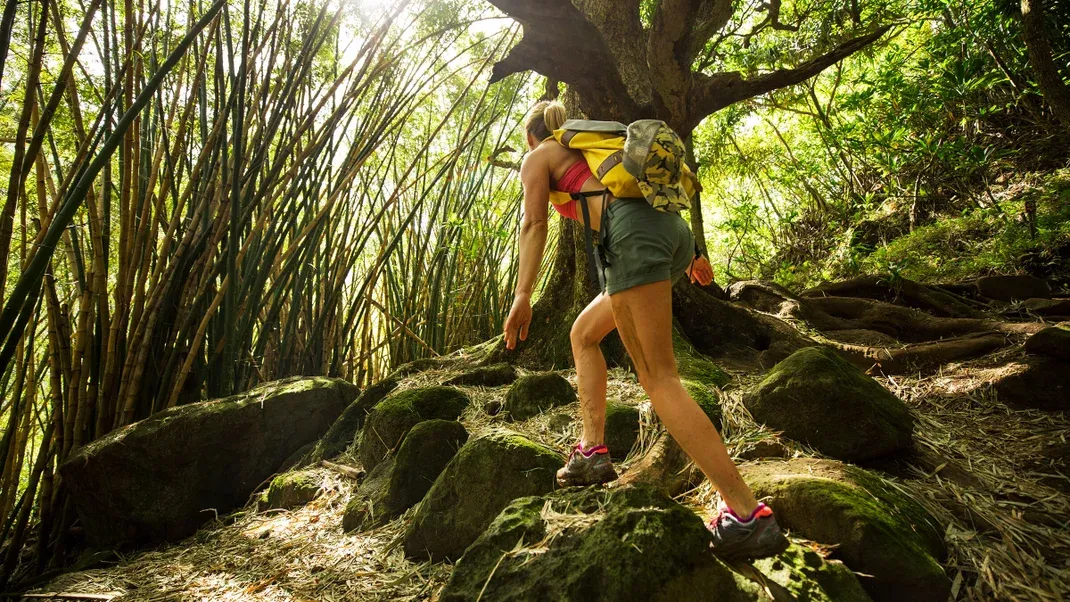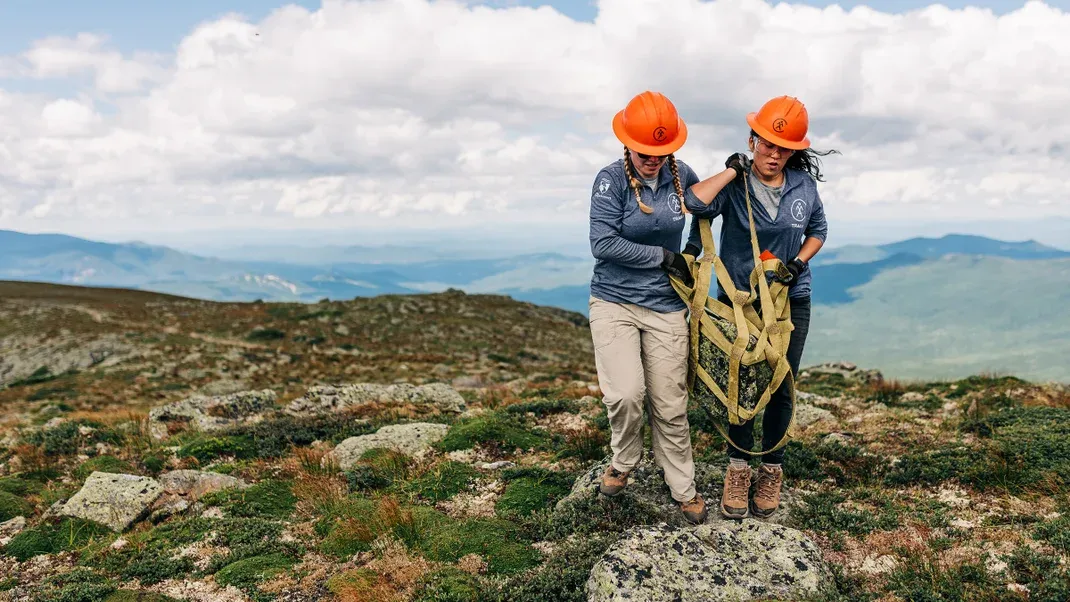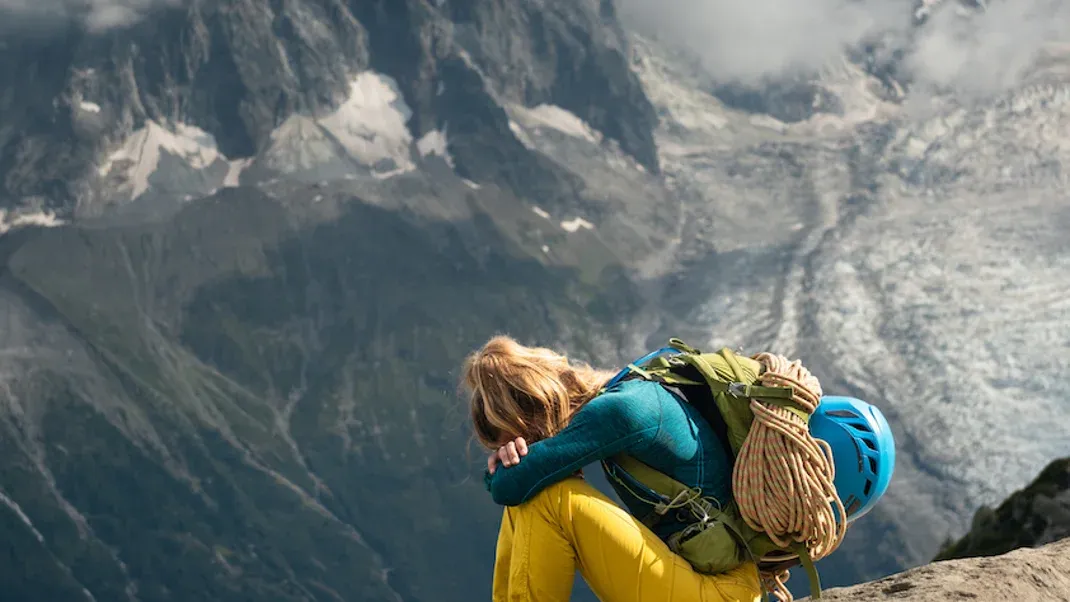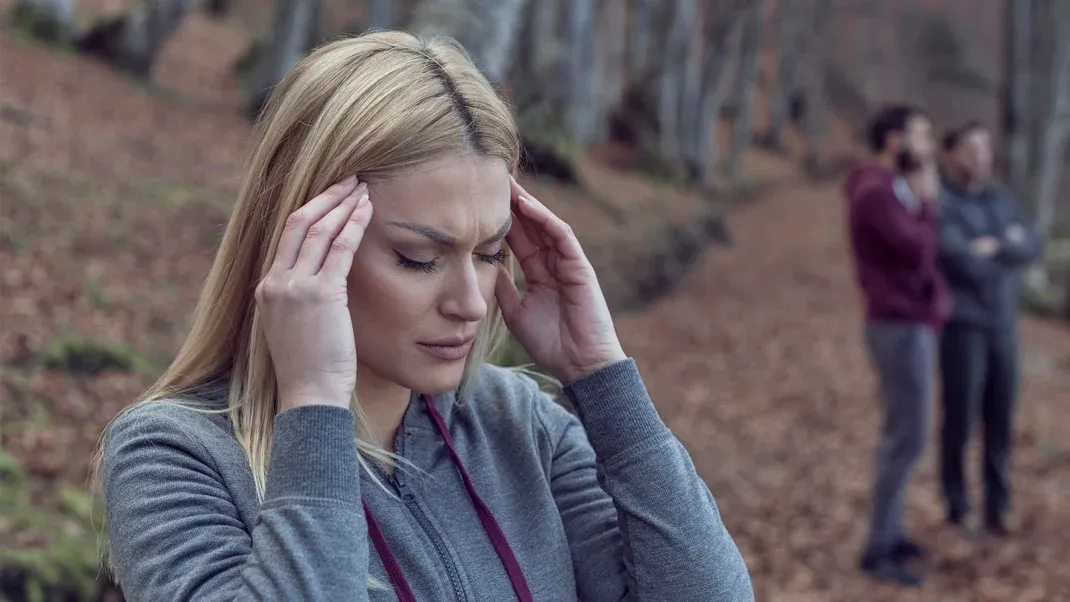These Wilderness Medicine Myths Need to Disappear
These Wilderness Medicine Myths Need to Disappear is an informative article that debunks common misconceptions about first aid and medical care in outdoor and wilderness settings. The article addresses myths such as sucking out snake venom, using a tourniquet for snake bites, and the effectiveness of natural remedies for treating injuries. It emphasizes the importance of accurate information and proper training in wilderness medicine to ensure the safety and well-being of individuals in remote environments. The article aims to educate readers and promote responsible and evidence-based practices for treating medical emergencies in the wilderness.
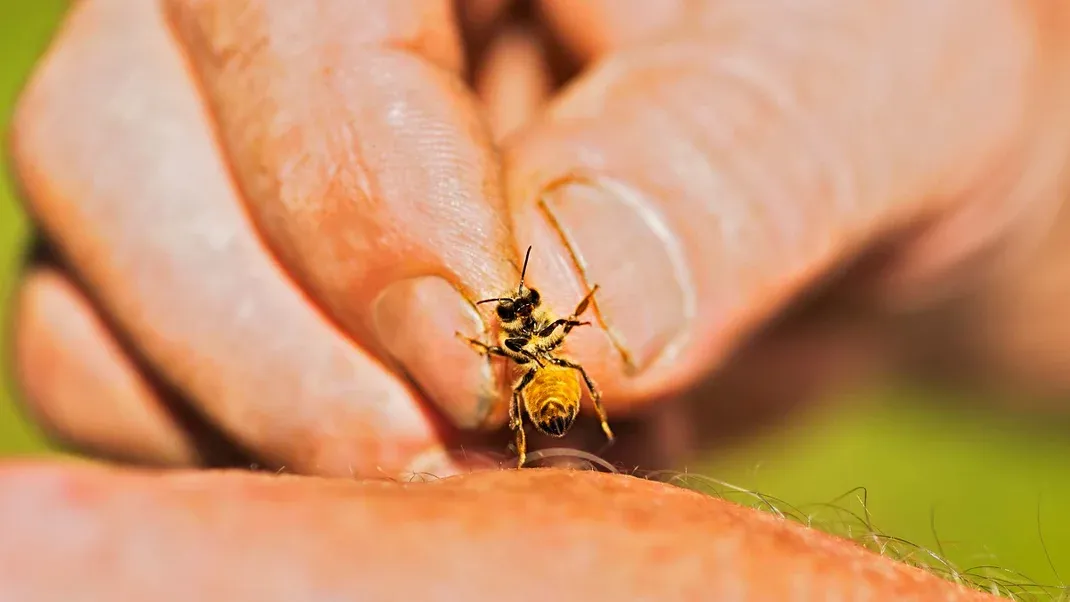
Wilderness medicine is a crucial skill for anyone who spends time in the great outdoors. Whether you're an avid hiker, a dedicated camper, or a seasoned backpacker, understanding how to care for yourself and others in remote and rugged environments is essential. However, there are many myths and misconceptions surrounding wilderness medicine that need to be debunked in order to ensure the safety and well-being of outdoor enthusiasts.
One of the most pervasive myths about wilderness medicine is that you need to be a medical professional to provide effective care in the backcountry. While having a medical background can certainly be helpful, it is not a prerequisite for being able to respond to medical emergencies in the wilderness. In fact, many wilderness medicine courses are specifically designed for individuals with little to no medical training, providing them with the knowledge and skills they need to render aid in the backcountry.
Another common myth is that wilderness medicine is only necessary for extreme outdoor activities, such as mountaineering or backcountry skiing. While it's true that these pursuits carry a higher risk of injury, the reality is that medical emergencies can occur during any outdoor activity. From a simple day hike to a weekend camping trip, being prepared to respond to medical emergencies in the wilderness is important for anyone who spends time in nature.
One particularly dangerous myth is the belief that if you're in the backcountry and something goes wrong, help is just a phone call away. While cell phone coverage has improved in many remote areas, there are still vast expanses of wilderness where you may not have access to a reliable signal. Relying on the ability to call for help in the event of an emergency is a risky proposition, and it's important to be prepared to handle medical situations on your own until help arrives.
Another myth that needs to be dispelled is the idea that wilderness medicine is only about treating injuries. While being able to address cuts, sprains, and fractures is certainly important, wilderness medicine encompasses a much broader range of skills and knowledge. From managing environmental emergencies such as hypothermia and heat stroke to dealing with medical conditions like asthma and diabetes, wilderness medicine requires a comprehensive understanding of how to care for individuals in a variety of situations.
One common misconception is that wilderness medicine is all about improvising with whatever supplies you have on hand. While it's true that improvisation can be a valuable skill in the backcountry, relying solely on makeshift solutions is not a substitute for proper training and preparation. Having a well-stocked first aid kit and knowing how to use its contents effectively is essential for responding to medical emergencies in the wilderness.
Another myth about wilderness medicine is the idea that if you have the right gear, you don't need to worry about medical emergencies. While having the proper equipment is important, it's not a guarantee that you won't encounter a medical situation in the backcountry. Knowing how to use your gear effectively and having the skills to respond to emergencies is just as important as having the right tools.
One particularly dangerous myth is the belief that if you're in the backcountry and something goes wrong, help is just a phone call away. While cell phone coverage has improved in many remote areas, there are still vast expanses of wilderness where you may not have access to a reliable signal. Relying on the ability to call for help in the event of an emergency is a risky proposition, and it's important to be prepared to handle medical situations on your own until help arrives.
Another myth about wilderness medicine is that it's only necessary for solo adventurers. While being able to care for yourself in the backcountry is important, wilderness medicine is just as vital for those who travel in groups. In fact, the skills and knowledge necessary for responding to medical emergencies in the wilderness are often even more crucial when you are responsible for the well-being of others.
One final myth that needs to be dispelled is the idea that wilderness medicine is a static field. In reality, the practice of wilderness medicine is constantly evolving as new research and technology become available. Staying current with best practices and the latest developments in the field is essential for anyone who wants to be prepared to respond to medical emergencies in the wilderness.
In conclusion, there are many myths and misconceptions surrounding wilderness medicine that need to be debunked. From the belief that you need to be a medical professional to provide effective care to the misconception that if you have the right gear, you don't need to worry about medical emergencies, it's important to understand the realities of providing medical care in the backcountry. By dispelling these myths and gaining a thorough understanding of wilderness medicine, outdoor enthusiasts can ensure their safety and the safety of those around them during their adventures in the great outdoors.

